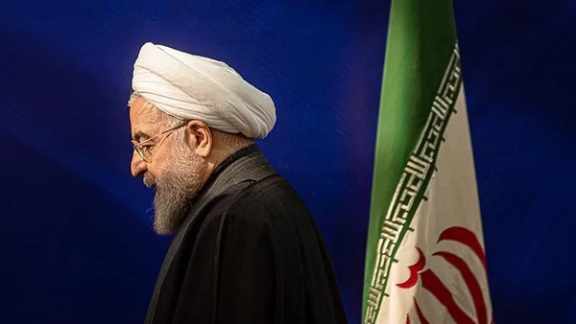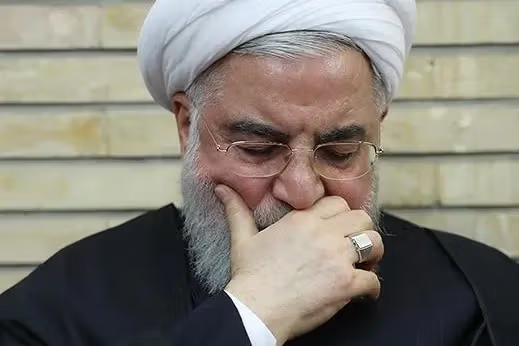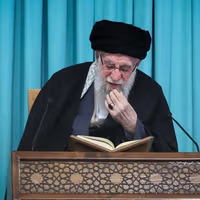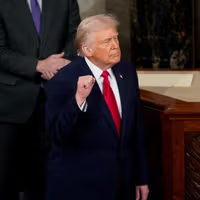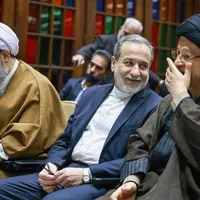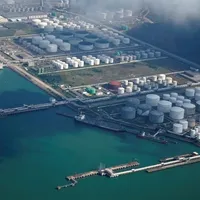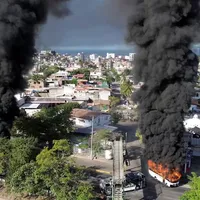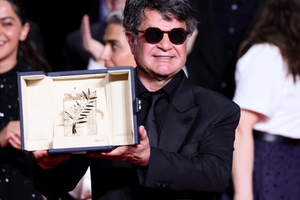Commentators disagree on labels—uprising, movement, revolution—but most accept that the protests of 2022 and their afterlife have marked a foundational rupture. They drew in multiple strata of society, altered daily life and public discourse and forced the Islamic Republic into retreats that once seemed inconceivable.
The chant “Woman, Life, Freedom,” first voiced at Amini’s burial in the town of Saqqez in Iran's Kurdistan province, condensed demands for autonomy, dignity and equality into three words that spoke across class and region.
A society long fragmented by divide-and-rule tactics has moved toward solidarity. Women and men, Kurds and Persians, Baluch and Azeris, urban and rural citizens stood together in 2022, building a pluralism not seen in recent memory.
The movement challenged not only gender discrimination but the state’s entire normative order, and it did so through radically non-violent means. In compelling the regime to cede ground—above all on the legally-mandated hijab—it achieved changes that would once have been described as revolutionary in themselves.
Inside homes, younger generations have renegotiated relations with parents in ways that blunt the state’s intrusion into private life.
The state’s grip on the streets has been broken; unveiled women now walk freely in Tehran, Mashhad, Shiraz, and countless smaller cities. Equality and bodily autonomy, once dismissed as Western imports, have moved to the center of Iranian discourse.
An even more draconian hijab and chastity law passed by parliament was frozen by Iran's Supreme National Security Council in May out of concern it would spark unrest.
Not easy
But the obstacles remain—and repression is still lethal.
In 2022 at least 552 protesters were killed, thousands more jailed, and executions have mounted since. The ruling elite retain an effective coercive apparatus, even if their confidence has been shaken by war and domestic unrest.
Economically, decades of corruption, sanctions, inflation and environmental degradation have pushed both state and society into survival mode.
Families channel scarce energy into endurance, leaving less room for organized protest. A potential revolution’s strength—its horizontal, decentralized nature—has also limited its ability to produce leadership or coherent organization.
Opposition forces remain fragmented, particularly in the diaspora, and coordination inside Iran has faltered as street protests ebbed.
Even so, the balance of change is striking.
In just three years, the movement has embedded demands that no future order can ignore. Its art, slogans, and public faces have entered common life.
No credible opponent of the regime positions themselves against it; all align with or inherit from it.
Hopes for future
Looking forward, much will depend on four interlinked tasks.
Daily civil resistance appears to be institutionalized, above all the unveiled presence of women in public life.
Economic grievances and livelihood protests have yet to be joined to clear political demands. If and when they are, a broader front against misrule would come to life.
Fragmented opposition forces need to converge on a clearer vision for post–Islamic Republic Iran. And international sympathy must be translated into targeted support that strengthens civil society without dragging it into destructive conflict.
The Islamic Republic’s institutions still stand, but their legitimacy has been stripped to the bone. Voter participation has sunk to historic lows, public trust has collapsed, and governance has narrowed to the sheer mechanics of survival.
Those in power are now fixated on endurance rather than service. In this vacuum, civil society advances on a different track.
Three years on, “Woman, Life, Freedom” remains the principal engine of transformation. Street protests may have wound down, but the changes in culture and imagination look irreversible.
The revolution is unfinished, but it endures in daily defiance, in a pluralist solidarity that defies the state’s order, and in a vision of citizenship rooted in universal rights.
That, already, is an achievement historic in scale—one whose ultimate destination may yet be a secular, democratic Iran.
